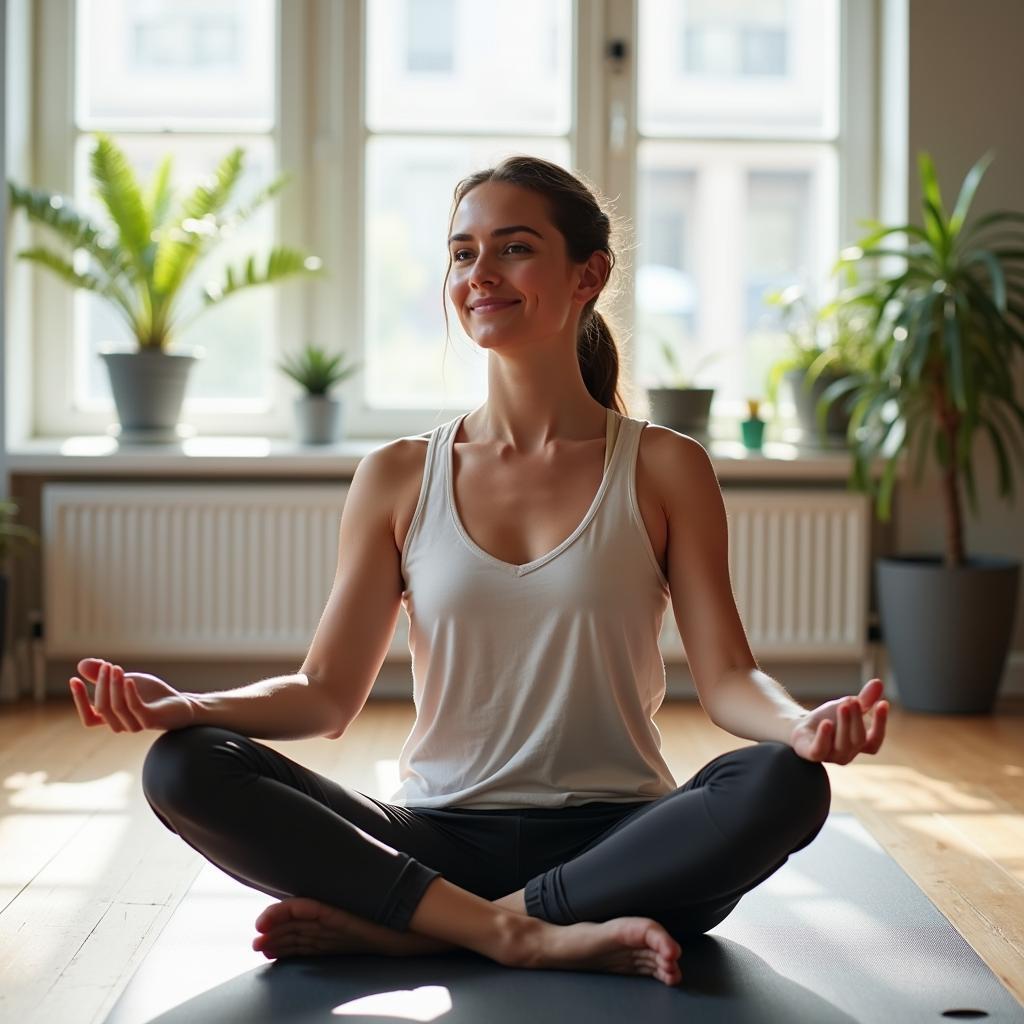When discussing activities that help you unwind, it’s essential to express yourself naturally while showcasing sophisticated vocabulary and complex sentence structures. Similar to [describe an activity you do with friends in your free time], this topic frequently appears in IELTS Speaking tests.
Part 1: Introduction and Interview Questions
Common questions include:
- What do you usually do to relax?
- How often do you make time to unwind?
- Has your way of relaxing changed over the years?
Sample answer (Band 8-9):
“To decompress after a long day, I typically engage in mindful meditation and gentle yoga stretches. I make it a point to carve out at least 30 minutes daily for this ritual, usually in the evening. Over the years, I’ve gravitated towards more contemplative activities, whereas I used to prefer high-energy sports.”

Part 2: Cue Card
Describe an activity you do to unwind
You should say:
- What the activity is
- When you started doing it
- How often you do it
- And explain why you find it relaxing
Just as [describe a place you would like to go to escape the city], this task requires detailed description and personal reflection.
Sample Answer (Band 8-9):
“I’d like to talk about nature photography, which has become my go-to activity for relaxation. I stumbled upon this hobby about three years ago during a particularly stressful period at work.
What sets this activity apart is its perfect blend of artistic expression and outdoor exploration. I make it a point to venture out with my camera at least twice a week, usually during the golden hours of sunrise or sunset. The process of framing the perfect shot and waiting for optimal lighting conditions forces me to slow down and be present in the moment.
The reason I find it so therapeutic is that it serves as a form of meditation in itself. When I’m focused on capturing the intricate details of a flower or the dramatic play of light through trees, all my daily worries seem to melt away. It’s not just about taking pictures; it’s about developing a deeper connection with my surroundings and finding beauty in the minutiae of nature.”
Follow-up Questions:
- How has this activity improved your life?
- Would you recommend this activity to others?
Part 3: Discussion Questions
Like [describe a memorable walk in a forest or nature trail], these questions explore broader themes:
Q: Why do you think some people find it difficult to relax in modern society?
Sample Answer (Band 8-9):
“The challenge of relaxation in contemporary society stems from multiple factors. Chief among these is the constant connectivity through digital devices, which blurs the boundaries between work and personal life. Additionally, there’s mounting pressure to maintain productivity, leading many people to feel guilty about taking time to unwind. This creates a vicious cycle where stress accumulates, making relaxation even more elusive.”
Key Vocabulary and Phrases for High Scores:
- To decompress /ˌdiːkəmˈpres/ (v): to relax and release pressure
- Therapeutic /ˌθerəˈpjuːtɪk/ (adj): having a beneficial effect on body or mind
- To gravitate towards (phrasal verb): to be attracted to something naturally
- To carve out time (idiom): to deliberately make time for something
- To serve as (phrase): to function as
- To stumble upon (phrasal verb): to discover something by chance
Practice incorporating these expressions naturally while maintaining fluent delivery and appropriate intonation.